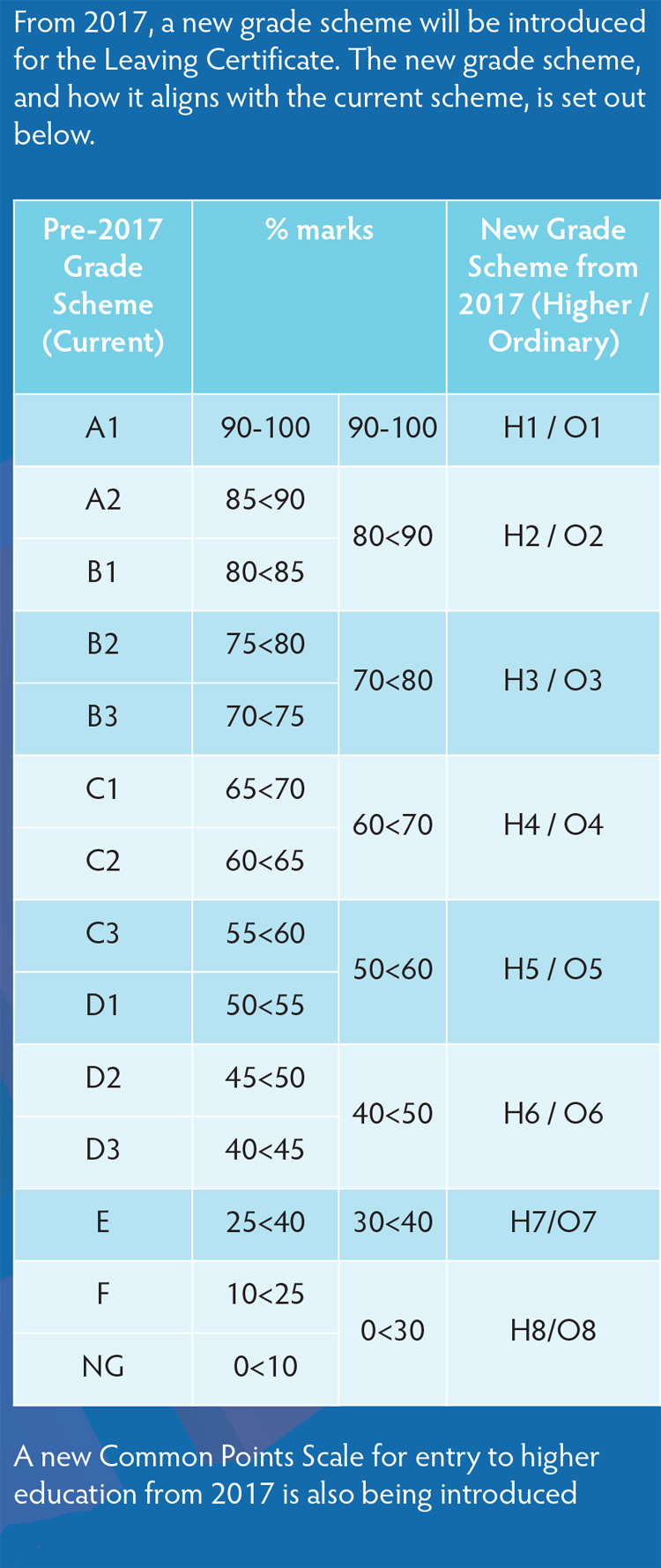A Guide To Homework And Study Skills
As a student your work is to learn and you will be happier coming to school if you have made an honest effort at all homework and study. It is your responsibility to be organised for classwork and homework.
For classwork you must have all your equipment with you and have it ready on the desk at the start of the lesson. Please remember that any work you give up to the teacher should be neat and should include the following details: Name/Date/Title or Heading for the work.
For homework the key to success is writing a note of all work to be done into your journal. This includes written, oral and learning work. Please remember to rule the journal and write in your subjects. Please remember to take home all books and equipment necessary.
Remember that part of homework is preparing for the next day in school. This is done by:
-
Looking at tomorrow’s timetable
-
Packing all books, copies and equipment needed for tomorrow’s classes – don’t forget P.E. gear, Home Economics ingredients, recorder, sketch pad etc.
Check if you need to bring any of the following:
- Any note you need
- Money for activities, lunch etc.
- Journal signed by your parent/guardian
REMEMBER: you are responsible for having everything with you in school. Get into a routine for each day of your timetable.
Study
You will learn best when you understand what it is you are trying to learn. Help yourself by asking questions about work assigned – if you ask sensible questions it means that your mind is already concentrating on the job.
At the end of each day go over the work you did in class – make short notes on each subject.
5 Rs will help:
- RECORD – make sure you have made a note of all homework assigned in your journal. Know what you have to do and when it is for.
- REDUCE – make short summaries of the most important ideas in a chapter or lesson.
- RECITE – say what you are learning – it will help you understand the ideas better and also help you to remember them.
- REFLECT – think over what you are learning and write down any ideas or questions you have.
- REVIEW – look over your notes from time to time – usually at the end of a chapter and also perhaps at the end of each week.
We strongly recommend that students in 5th & 6th Year do not undertake regular part-time work during the school week as research shows that students who undertake paid employment at the end of their school day do not achieve their full potential in school.


An extra 25 points is available to those who sit the Higher Level Mathematics paper.
LCVP Points
Points are allocated for LCVP link modules also. For the majority of Universities and 3rd level Colleges - Distinction = 66, Merit = 46, Pass = 28. The link module score can be substituted as one of a student’s best six subjects. They are not added in addition to the best six subjects.
Leaflet explaining points HERE
|




